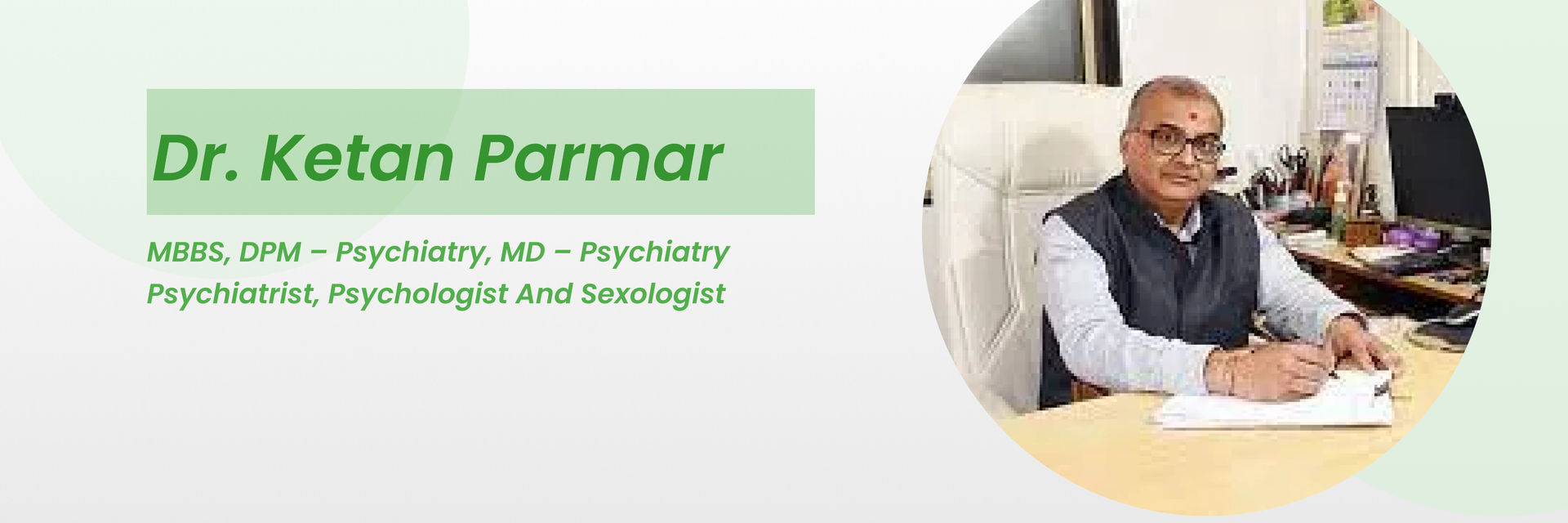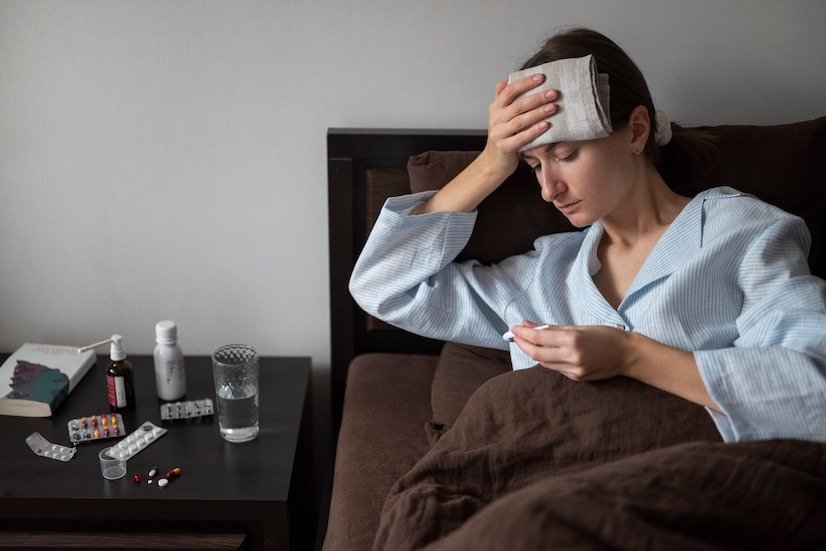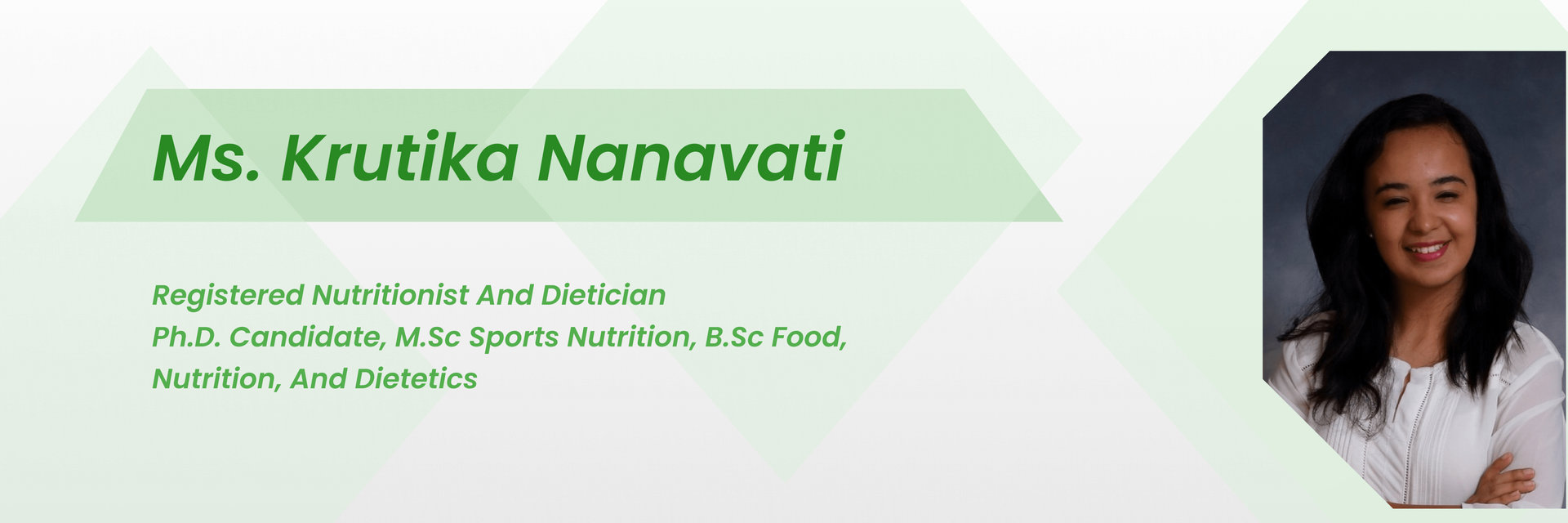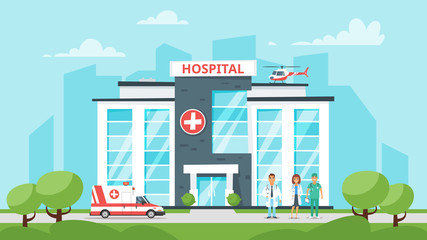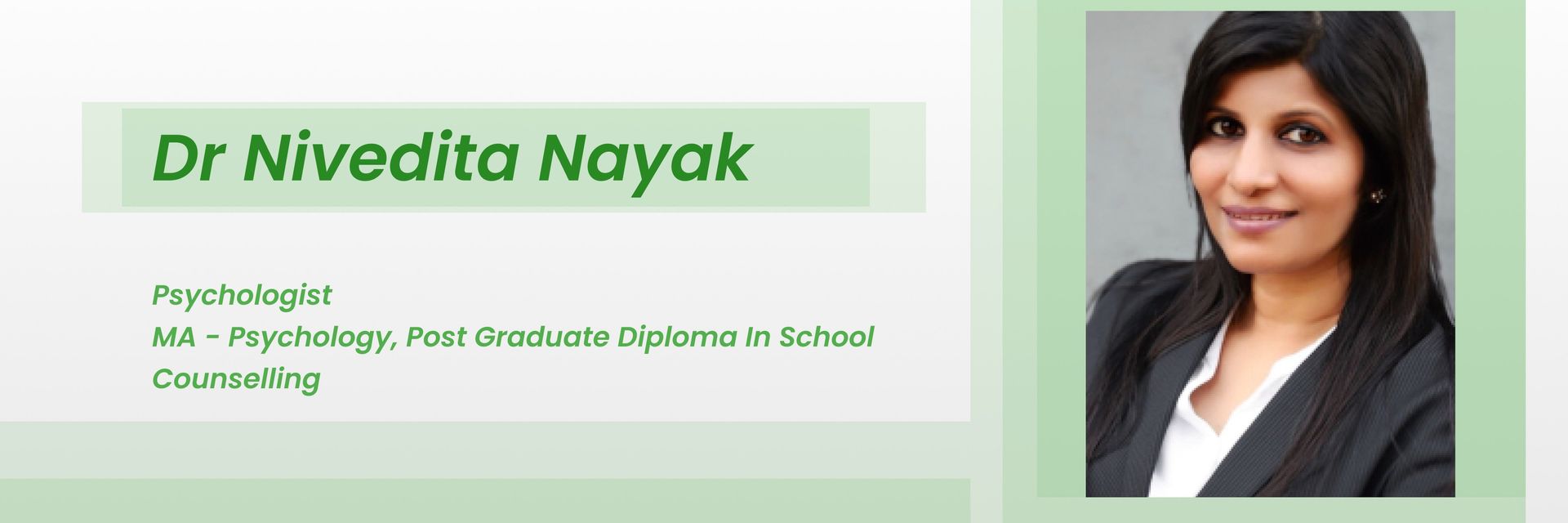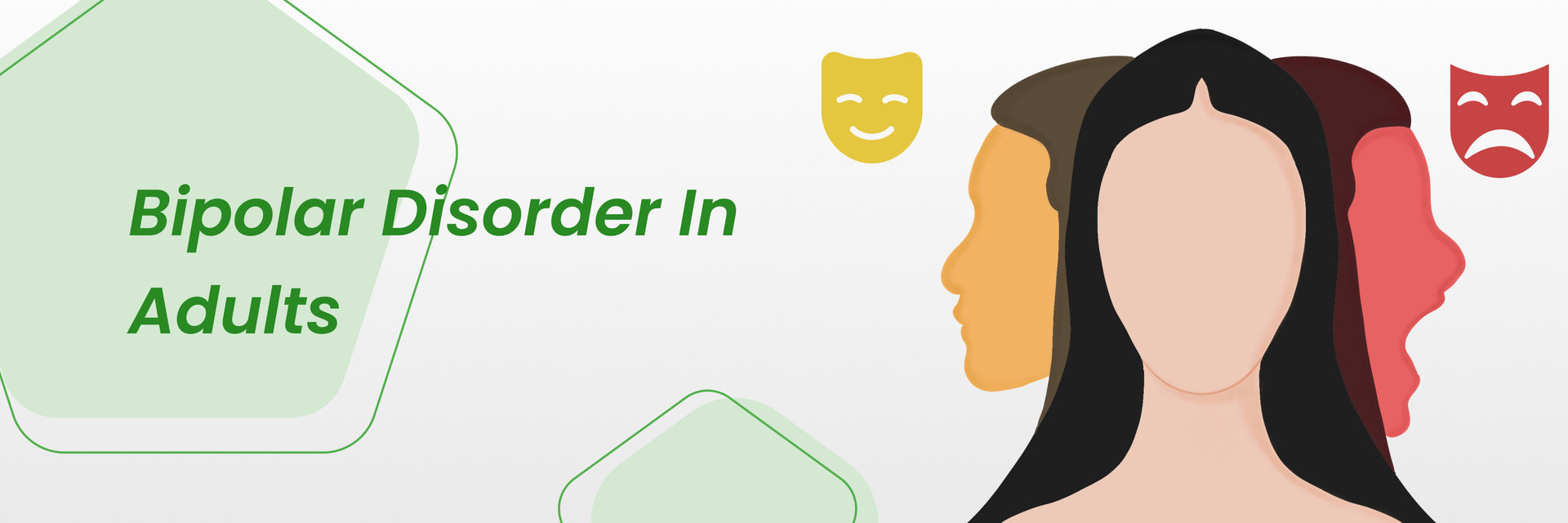In today’s digital age, the mental health impacts of social media have been a topic of intense debate and research over the last decade. With over 5.17 billion people using social media globally as of 2024, the effects of social media on mental health have become increasingly apparent. According to a study by the Royal Society for Public Health (RSPH) in the UK, heavy social media use is linked to increased anxiety, depression, and poor sleep among young people.
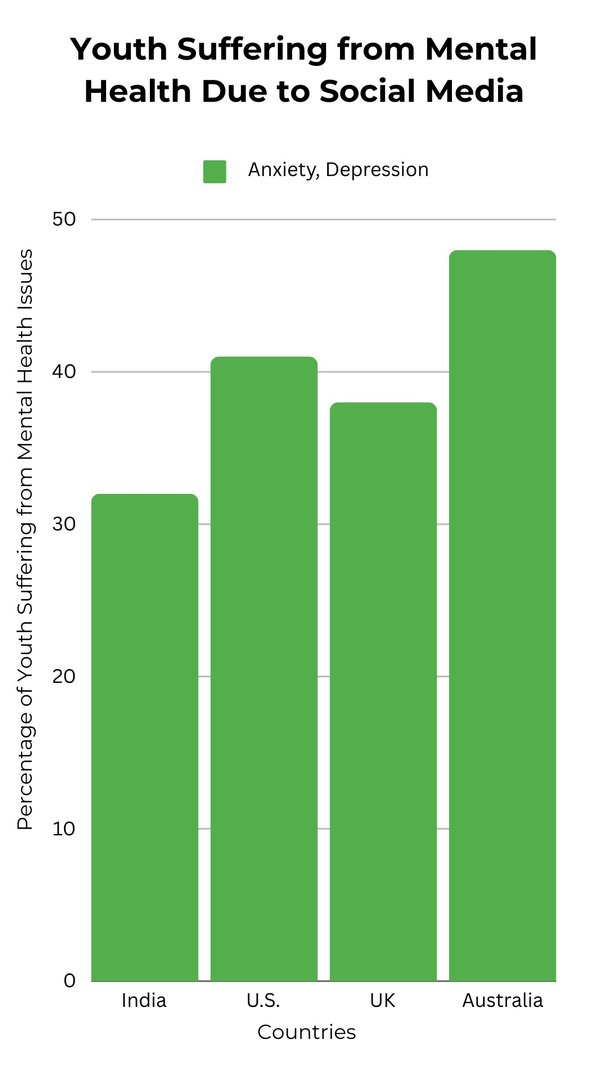
In India, a 2023 study found that 32% of adolescents experienced anxiety directly correlated with social media use, highlighting how social media affects mental health in significant ways.
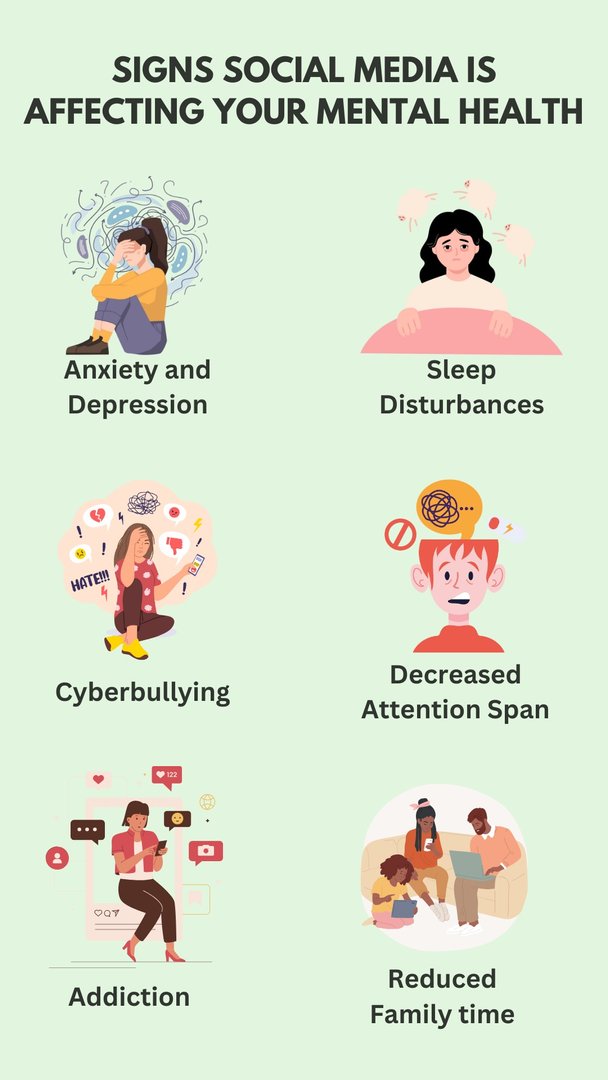
The growing awareness of these impacts has led to the rise of the social media detox—a conscious decision to step away from social media platforms to focus on mental well-being. This article explores the mental health impacts of social media detox, supported by research and personal stories, shedding light on why more people are choosing to disconnect in the digital age.
The Psychological Effects of Social Media
Before delving into the benefits of a social media detox, it's essential to understand the psychological effects of social media use. A 2018 study published in the journal Computers in Human Behavior found that heavy social media users were three times more likely to suffer from depression than those who used these platforms less frequently.
Numerous studies have documented the negative effects of social media on mental health, including:
- Anxiety and Depression: Excessive social media use has been linked to heightened levels of anxiety and depression. The fear of missing out (FOMO) is a significant driver, where users constantly compare their lives to the curated, often idealized versions of others' lives. This comparison can lead to feelings of inadequacy, envy, and loneliness.
- Sleep Disturbances: Screens emit blue light, which interferes with melatonin production, the hormone responsible for regulating sleep. Scrolling through social media before bedtime can delay sleep onset and reduce sleep quality, exacerbating symptoms of anxiety and depression.
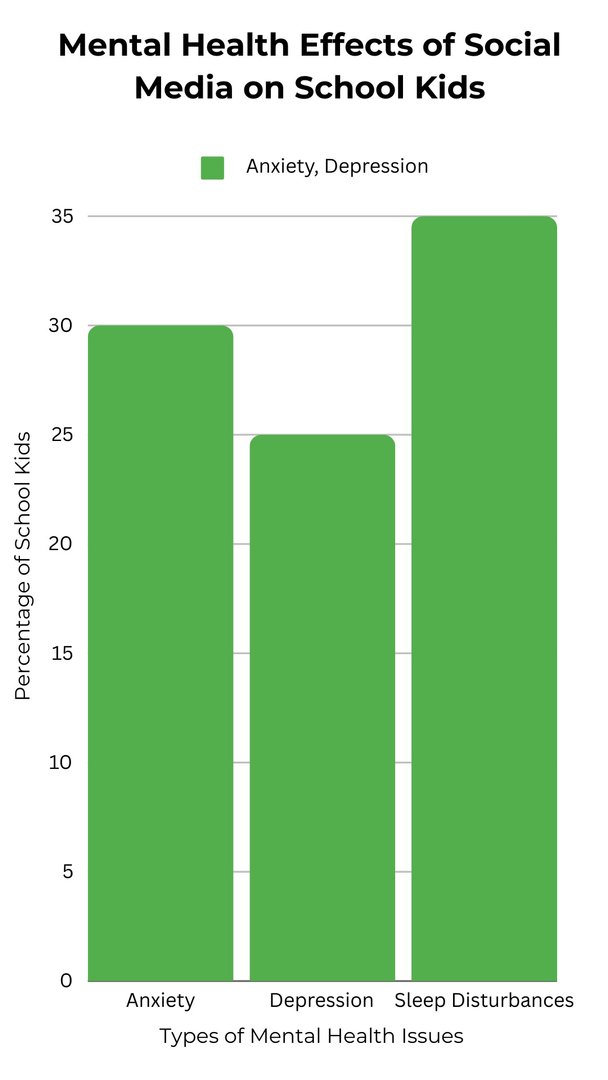
- Expand on the Effects on Children: School-going children are increasingly exposed to social media, leading to significant concerns about their mental health and lead to attention deficits, anxiety, and decreased physical activity. The constant barrage of content can overwhelm young minds, making it difficult to focus on academics and real-life social interactions.
- Cyberbullying: Social media platforms can also be breeding grounds for cyberbullying, which can have devastating effects on mental health, particularly among adolescents. Victims of cyberbullying are more likely to experience anxiety, depression, and suicidal thoughts.
- Decreased Attention Span: Social media’s fast-paced, ever-changing content can reduce users' attention spans, making it difficult to focus on tasks for extended periods. This phenomenon, known as 'digital dementia,' is linked to increased stress and cognitive overload.
- Addiction: Social media platforms are designed to be addictive, leveraging psychological principles such as intermittent reinforcement to keep users engaged. This addiction can lead to a compulsive need to check social media, resulting in a decline in real-life social interactions and increased feelings of isolation.
The Rise of Social Media Detox
Children, teenagers, and adults are all affected differently by social media. While adults may experience anxiety or depression, children are particularly susceptible to developing unrealistic expectations and body image issues due to their constant comparison with their peers online. As the impact of social media on mental health becomes more apparent, a growing number of people are choosing to take a break—or even quit entirely. The social media detox is gaining popularity as a way to mitigate the negative effects of social media on mental health.
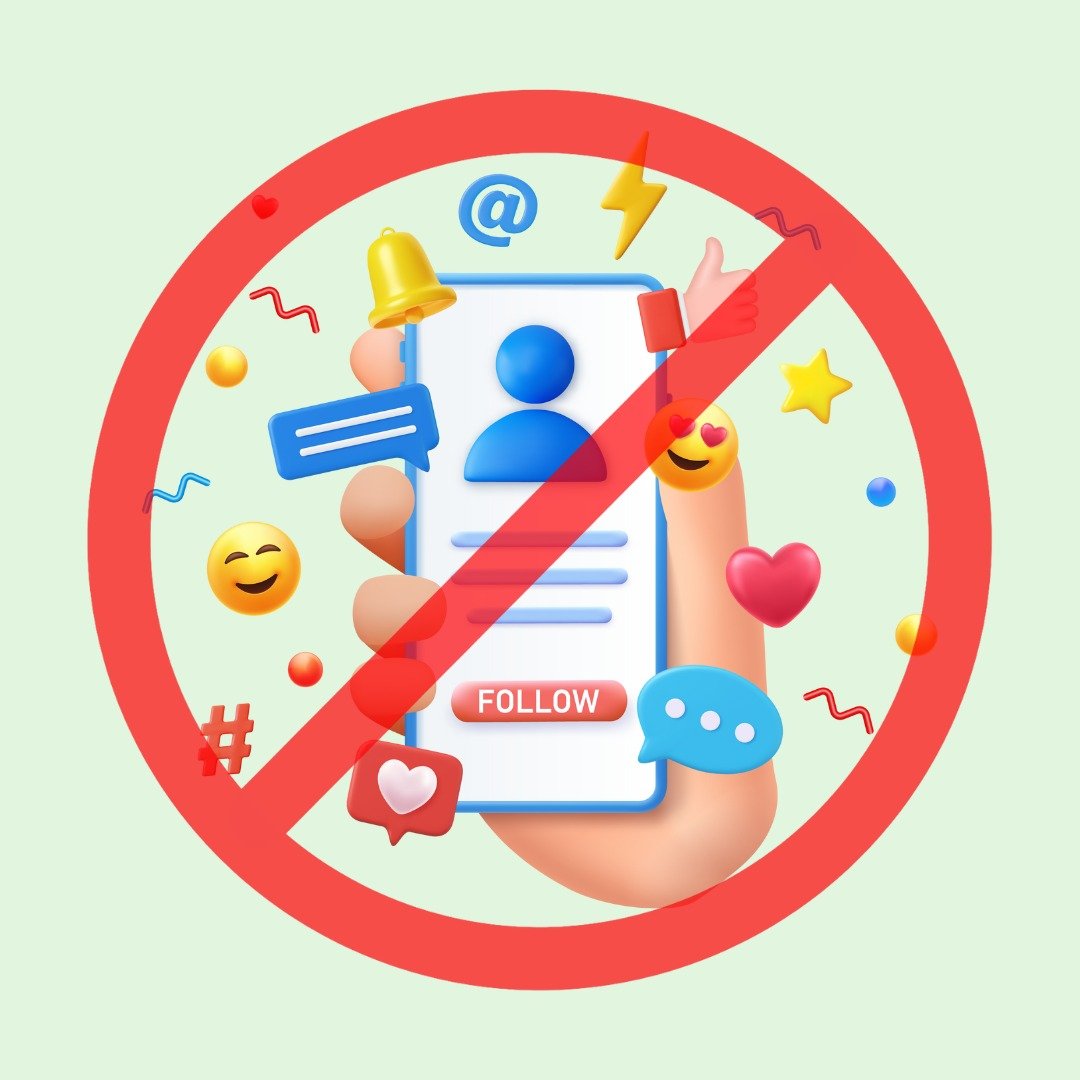
The Science Behind Social Media Detox
Social media detox is a deliberate break from social media platforms to focus on mental and emotional well-being. This practice has gained popularity as more people recognize the psychological effects of social media.
But what does science say about its effectiveness?
Numerous studies have investigated the positive effects of social media detox. A 2020 study in the journal Cyberpsychology, Behavior, and Social Networking reported that participants who took a one-week break from social media experienced significant reductions in anxiety and improvements in mood. Another study from the Journal of Social and Clinical Psychology found that limiting social media use to 30 minutes per day led to a decrease in feelings of loneliness and depression over three weeks.
These studies highlight the profound mental health impacts that even a short-term detox can have, suggesting that stepping away from social media allows individuals to reconnect with themselves and their surroundings.
Real-Life Stories
A study conducted by researchers at the University of Bath found that participants who took a one-week break from social media experienced significant improvements in well-being and reductions in depression and anxiety levels compared to those who continued using social media. This study highlights that even short-term breaks from social media can positively impact mental health.
NBC News shared the story of a teenager who experienced significant improvements in mental health after reducing social media use. The teenager reported feeling less anxious and focused on school and personal relationships. This story is part of a broader report on the Surgeon General’s warning about the mental health crisis among teens driven by social media use.
These personal stories highlight the positive effects of social media on mental health that can be achieved through a detox.
The Positive Effects of Social Media Detox
While the harmful effects of social media on mental health are well documented, the positive effects of social media detox are equally significant. Here's how taking a break from social media can improve mental health:
- Reduced Anxiety and Depression: One of the most immediate benefits of a social media detox is a reduction in anxiety and depression. Without the constant barrage of comparisons, users can focus on their lives and achievements, leading to increased self-esteem and a more positive outlook.
- Improved Sleep: Individuals who engage in a social media detox often experience better sleep quality by avoiding screens before bedtime. Improved sleep has a direct positive impact on mood, cognitive function, and overall mental health.
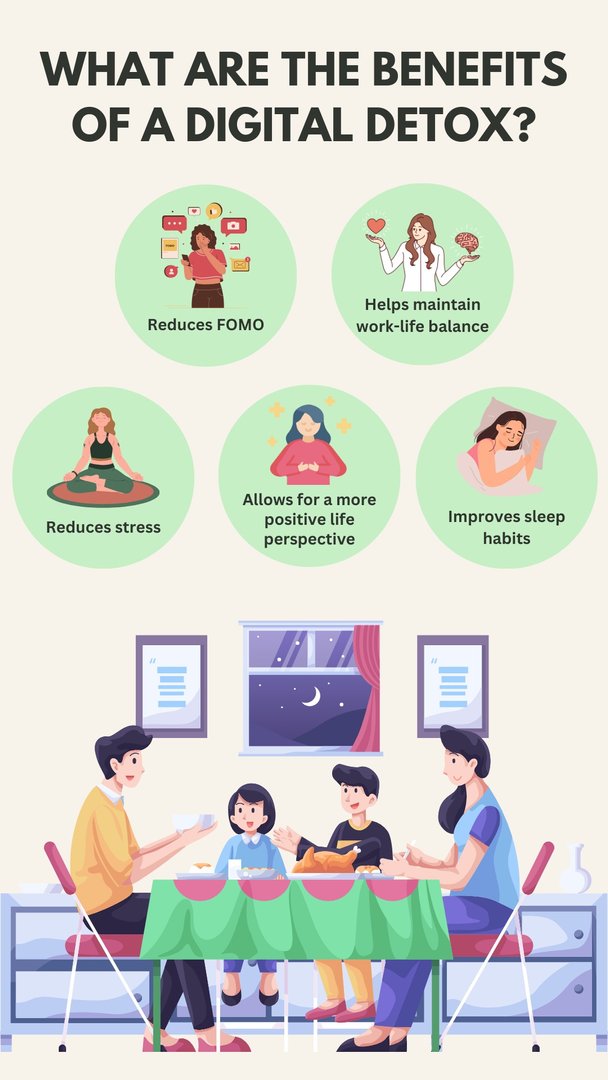
- Enhanced Real-Life Relationships: Taking a break from social media allows individuals to reconnect with loved ones and build stronger, more meaningful relationships. This shift from virtual to real-life interactions can reduce feelings of loneliness and isolation.
- Increased Productivity: Without the distraction of social media, people can focus more on their work or studies, leading to increased productivity and a sense of accomplishment. This boost in productivity can also reduce stress levels and contribute to overall well-being.
- Greater Mindfulness: A social media detox encourages mindfulness—being present in the moment without distractions. Mindfulness is a powerful tool for managing stress and improving mental health, allowing individuals to engage fully with their surroundings and experiences.
Social Media Detox Strategies
If you’re considering a social media detox, here are some strategies to help you get started:
- Set Clear Goals: Determine why you want to take a break from social media and what you hope to achieve. Whether it’s reducing anxiety, improving sleep, or focusing on real-life relationships, having clear goals will keep you motivated.
- Start Small: If quitting social media seems overwhelming, start small. Try limiting your use to a specific time each day or taking a break from one platform at a time.
- Replace Social Media with Positive Activities: You can fill the time you would have spent on social media with activities that promote mental well-being, such as exercise, reading, or spending time outdoors.
- Use Apps to Monitor and Limit Use: Several apps can help you monitor and limit your social media use. These tools can provide insights into how much time you spend on each platform and help you reduce your usage.
- Involve Others: Consider doing a social media detox with friends or family. Having a support system can make the process more enjoyable and hold you accountable.
Conclusion
The mental health impacts of social media detox are profound, offering a range of benefits from reduced anxiety and depression to improved sleep and relationships. With scientific studies and real-life stories backing these claims, it’s clear that taking a break from social media can be a powerful tool for improving mental well-being. As more people recognize the adverse effects of social media on mental health, the trend of stepping back from these platforms is likely to continue. Whether you’re considering a short break or a longer detox, the potential mental health benefits make it a worthwhile endeavour.
If you’re feeling overwhelmed by social media, consider taking a detox. Start small and observe the positive changes in your mental health. Share your journey with others and inspire them to prioritize their well-being too
FAQs
1. How long should a social media detox last?
There’s no one-size-fits-all answer. Some people benefit from a weekend detox, while others find a month or longer is more effective. It’s essential to listen to your needs and determine what works best for you.
2. Will a social media detox help with my anxiety and depression?
While a social media detox can reduce anxiety and depression for many people, it’s not a cure-all. It’s important to combine it with other mental health practices such as therapy, exercise, and mindfulness.
3. Can a social media detox improve my sleep?
Yes, reducing screen time, especially before bed, can improve sleep quality. A social media detox can help reset your sleep patterns by reducing late-night scrolling.
4. How can I maintain the benefits of a social media detox after returning to social media?
To maintain the benefits, try to set boundaries on your social media use. This could include limiting your time on platforms, unfollowing accounts that trigger negative emotions, and focusing on positive, uplifting content.
5. What are some signs that I need a social media detox?
If you find yourself feeling
anxious, depressed, or overwhelmed after using social media, or if you notice that it’s affecting your sleep, productivity, or real-life relationships, it might be time for a detox.
6. Can a short-term social media detox have lasting effects on mental health?
Yes, even a brief detox can lead to lasting improvements in mental health by breaking the habit of constant social comparison and information overload.
7. How can parents help their children manage the effects of social media on mental health?
Parents can encourage open conversations about social media use, set screen time limits, and model healthy online behaviour. Encouraging regular social media breaks is also beneficial.
8. Are there any risks associated with a social media detox?
While generally beneficial, some individuals may experience temporary isolation or FOMO (fear of missing out). These feelings usually subside as the detox progresses.
9. How often should I take a social media detox?
The frequency of detoxes depends on personal needs. Some people benefit from a short detox every few months, while others find that limiting daily use is sufficient.
References:
https://journals.lww.com/indianjpsychiatry/pages/default.aspx
